Tea: Known primarily as the prized possession of the British Empire, currency, a drink, and…medication?
That’s correct: Medication. A recent post from BBC indicates that tea has long since been regarded as a lifesaving health tool that preserved the lives of many Brits before modern medicine was readily accessible. Here’s what we know.
The Hero Might not Have Been the Health Benefits
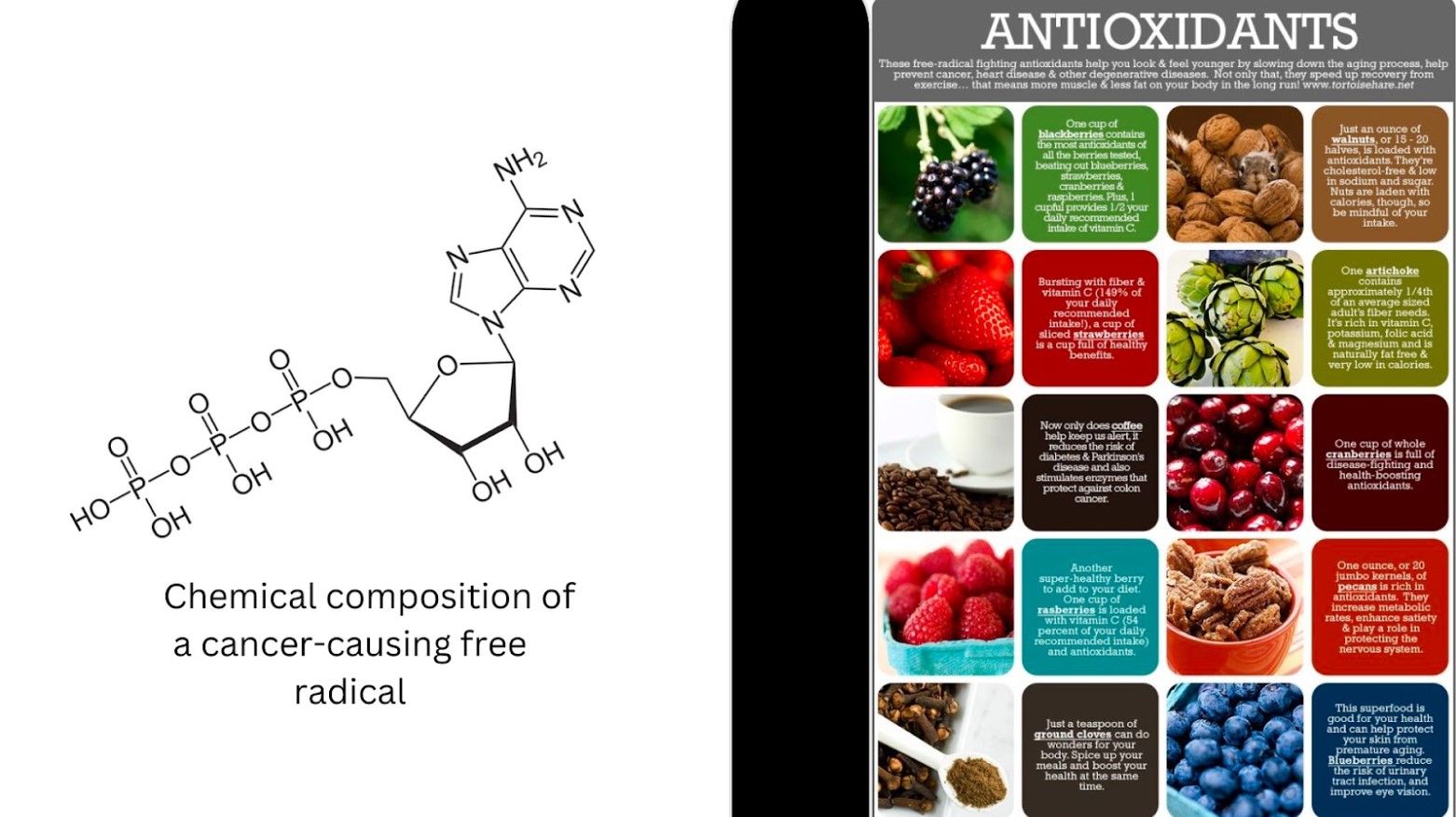
Tea is renowned for its range of health benefits for drinkers, as it can be high in antioxidants we might not otherwise get in such concentrated doses.
Antioxidants are powerful cancer fighters, removing damaged cells and free radicals from the blood that can lead to trouble later. However, this isn’t why tea saves lives, according to expert Francisca Antman.
Stopping the Problem Before It Began: Tea Saved Lives
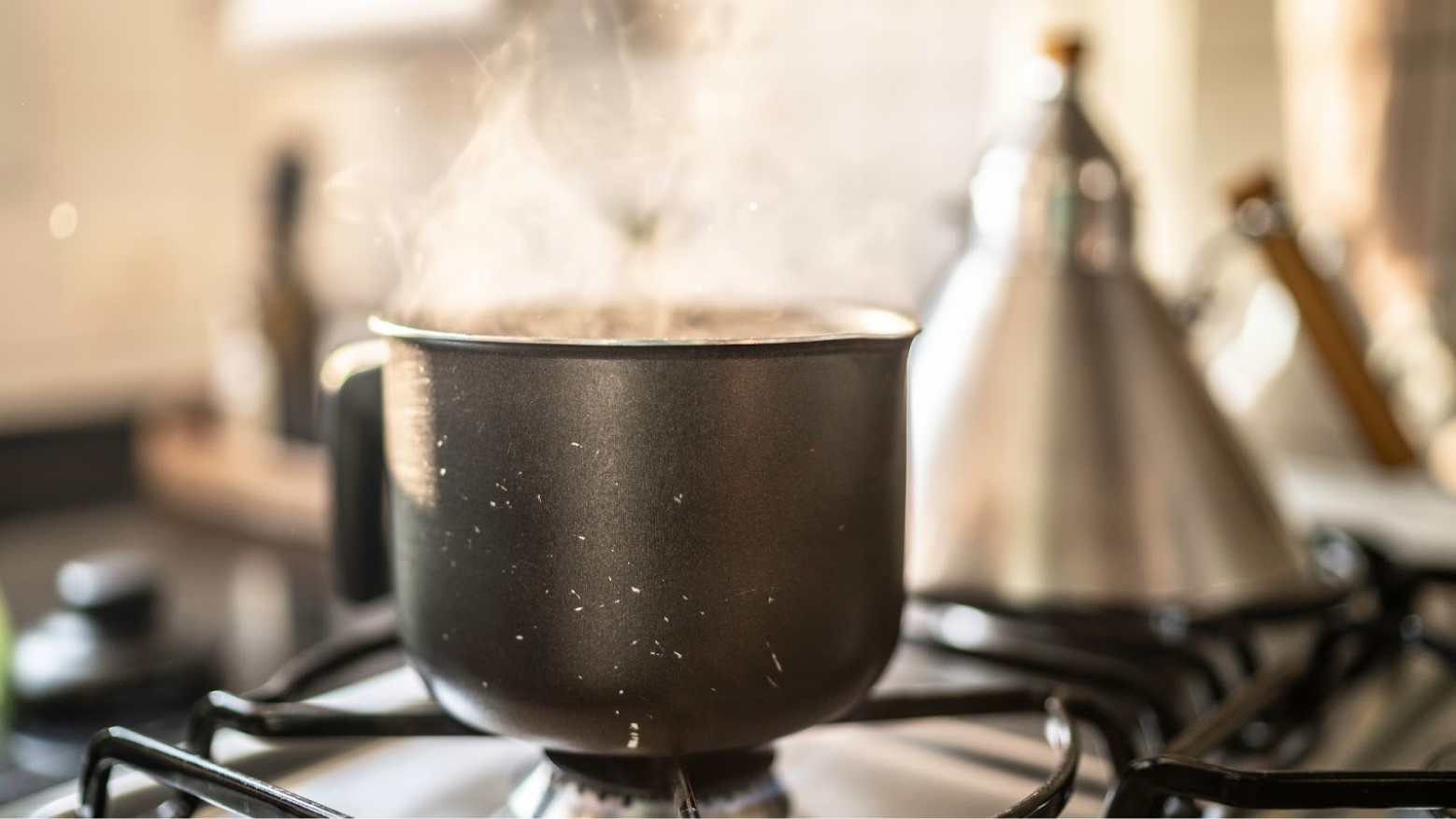
Rather than the above-named benefits of tea, Francesca Antman believes it was the actual process of tea preparation that saved the lives of millions in the 1700s and 1800s.
Boiling the water for tea, specifically, could have been what did it. As it was and is a nearly-guaranteed way to rid the unsanitary water of sickness-inducing pathogens.
What Do the Numbers Have to Say?
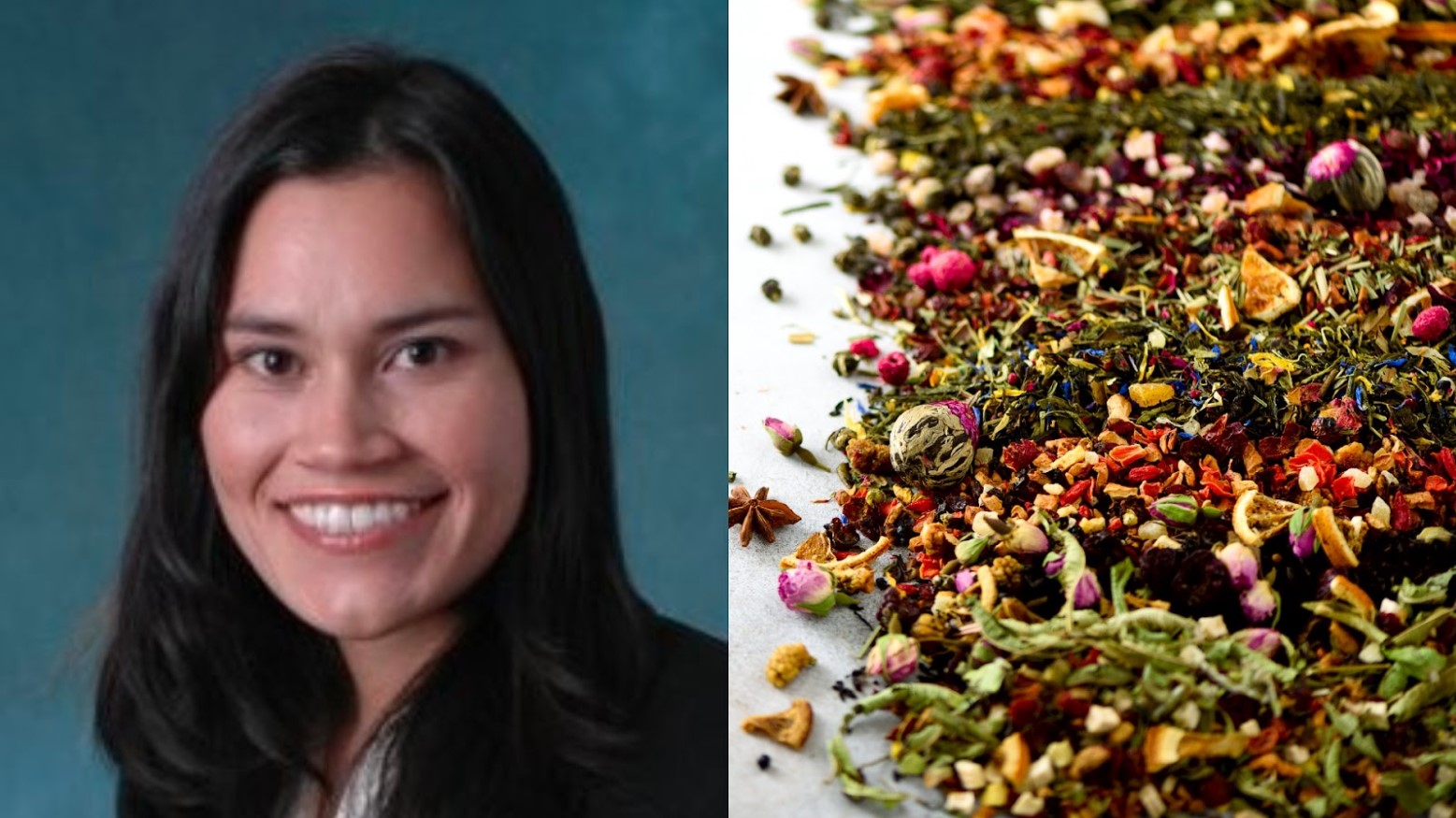
Data aggregated and cited by BBC notes that historians have continued to question why the death rate declined significantly between 1761 and 1834 — and Francesca Antman’s discovery may have just cracked the case.
The cited data states that the death toll over this time dropped from 28 to 25 deaths per 1,000 people.
Big Crowds, Big Disease Risk
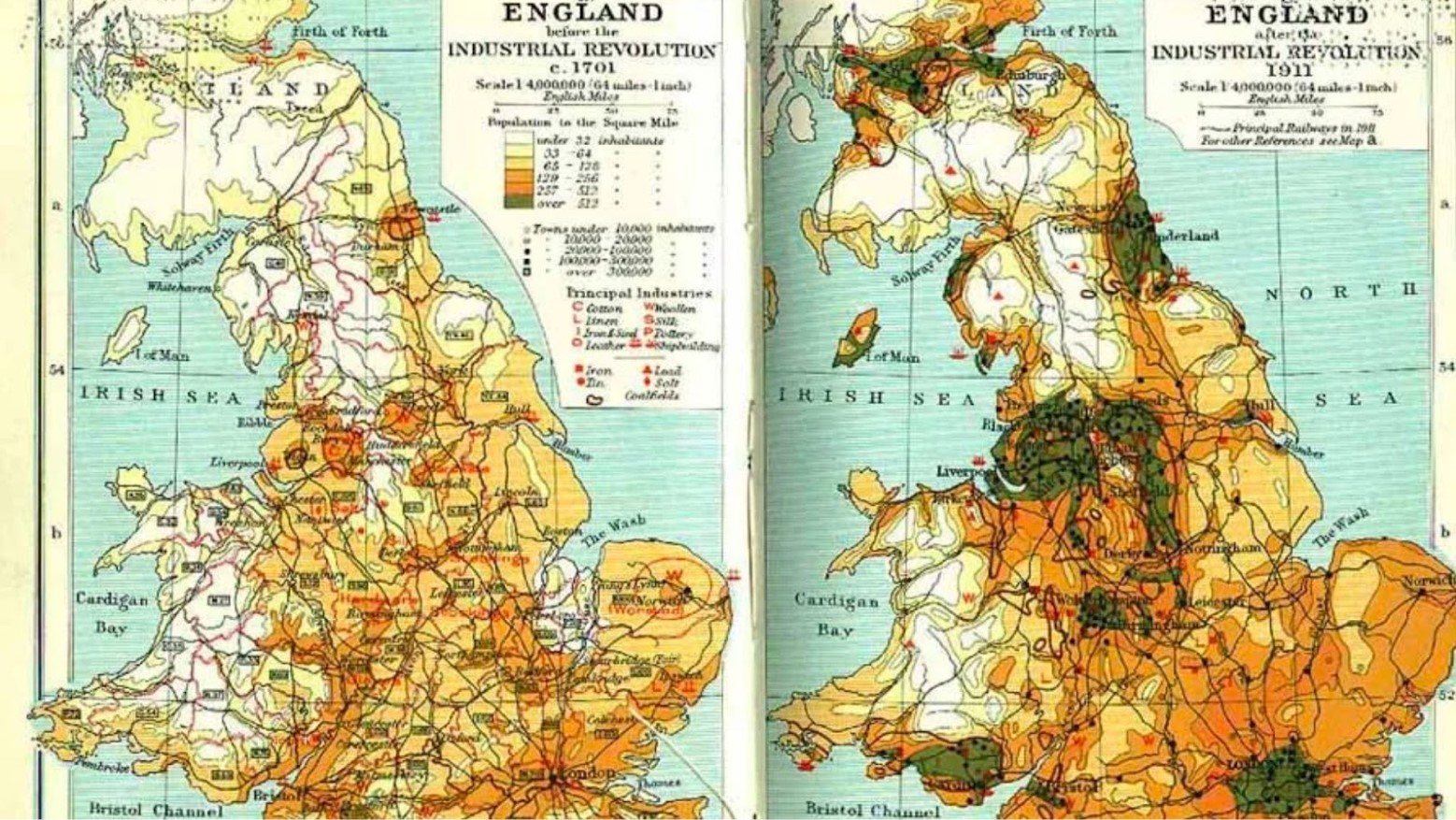
The death decline noted by BBC came as a surprise to many historians, as the town census continued to climb after the Industrial Revolution began.
With the bigger crowds coming in, many historians believed there would be more sickness and death due to the lack of sanitation per person in town, according to BBC.
Could Boiling Really Make that Much of a Difference?
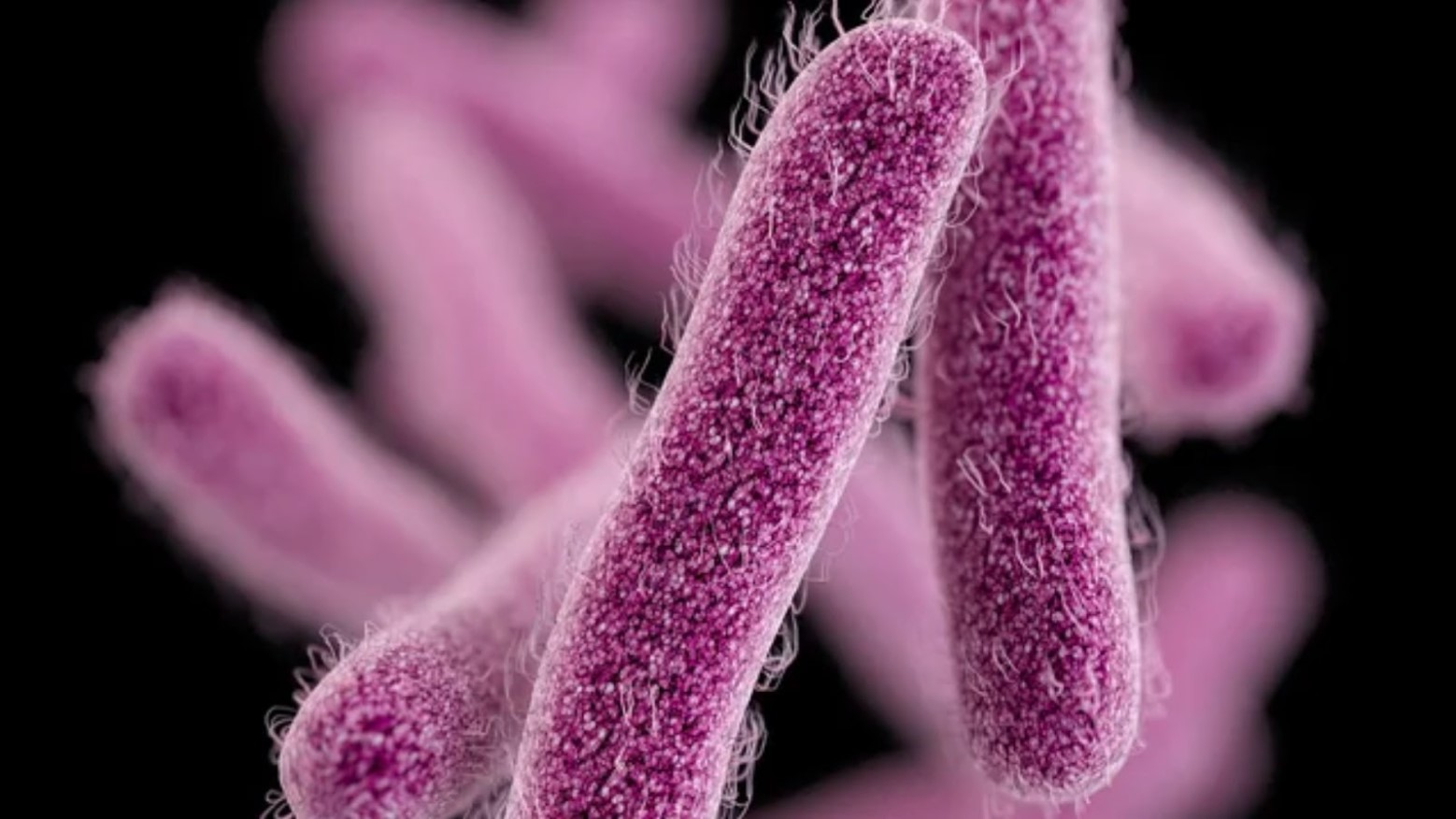
Yes, boiling can make a difference, according to the U.S. Department of Agriculture. The process of bringing water to a rolling boil can kill bacteria and diseases (like dysentery) that were common at the time due to a lack of proper sanitation.
While the theory is being seriously considered and corroborated, it isn’t yet considered fact, via the BBC.
Tea Marketing Helped Boost the Benefits
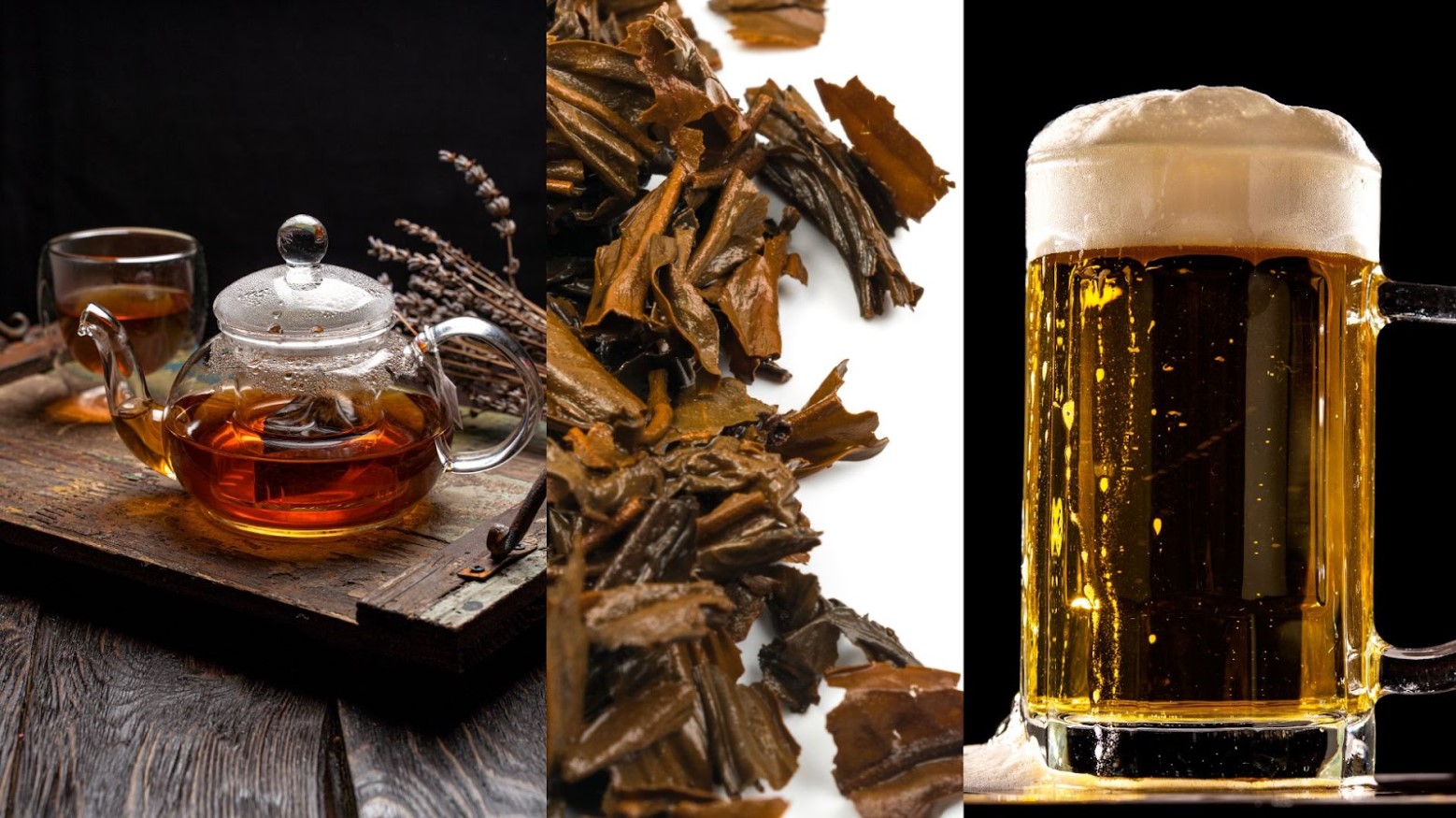
In the mid-1700s, tea was a very popular drink for the middle and higher classes — and was marketed as a novelty that everyone could enjoy.
The drink was advertised as having several benefits, including the fact that you could make an entire pot with just a few leaves, leaves were reusable, and that tea, at the time, was cheaper than beer.
Tax Laws Helped, Too
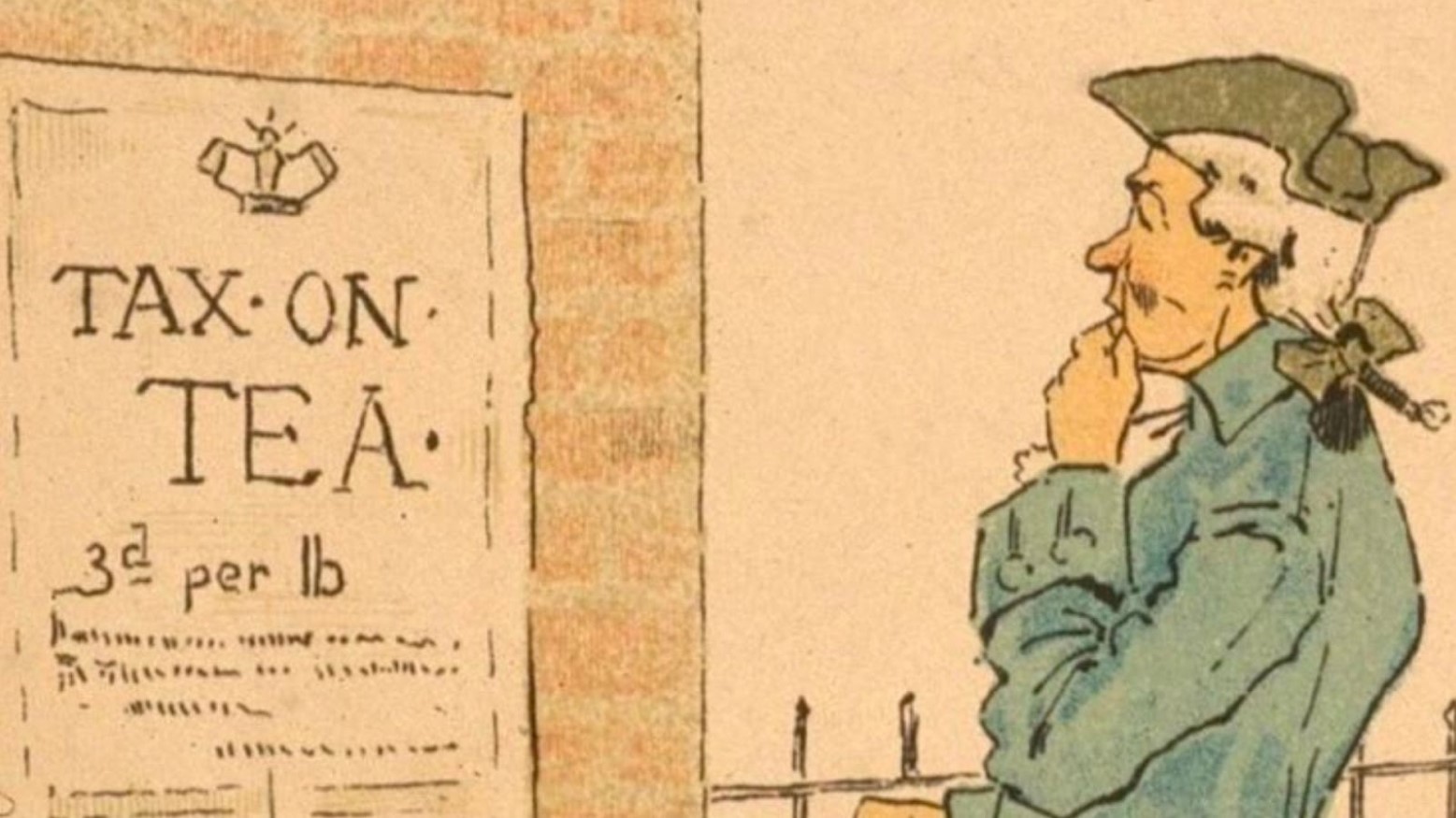
After the 1784 Tea and Windows Act was passed, the tea boom continued at a rapid pace. Taxes dropped from 119% to 12.5%, meaning that even those in the peasant classes could enjoy the brew.
This information was corroborated by Alan Macfarlane — a noted tea historian who had been interviewed by BBC regarding the cultural shift that occurred at the end of the 18th century.
Antman’s Research Speaks for Itself
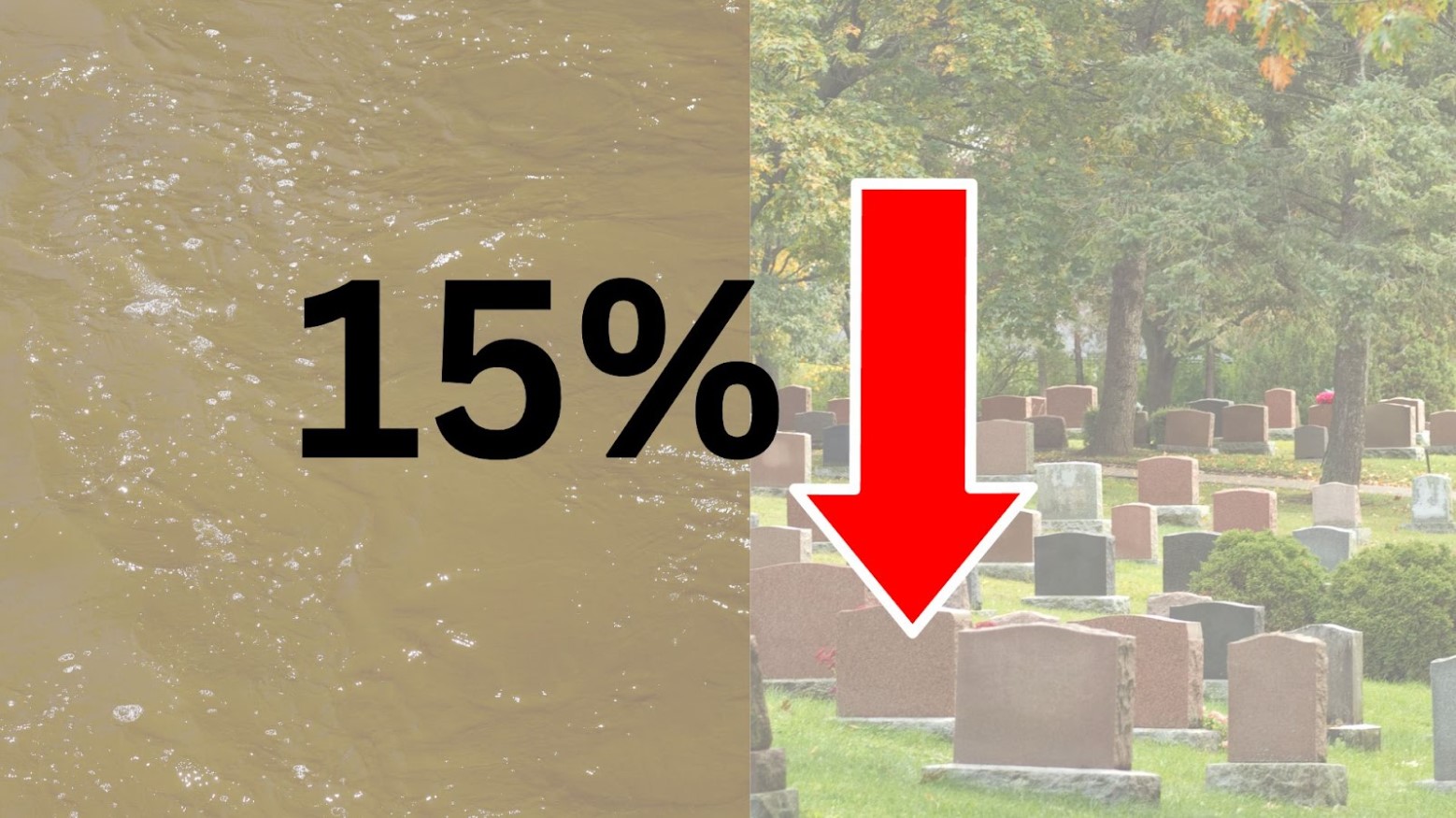
With the support of both historians and tea enthusiasts, Francesca Antman conducted experiments using population counts, geography, and current data to determine if there was truth to the idea that boiling water saved lives.
Her findings found that those living in an area with dirty water experienced a death rate drop by over 15%, per BBC.
Age Matters

While tea was an extremely common drink in the mid-18th and 19th centuries, it was generally reserved for those who were beyond the early years of childhood.
Antman’s research correlated with this fact, as the death rates did not drop for those between the ages of 2 and 5. The drop began with people aged 6 and older, who were likely enjoying tea.
Habit or Intervention: Which Is the Most Powerful Agent of Protection?
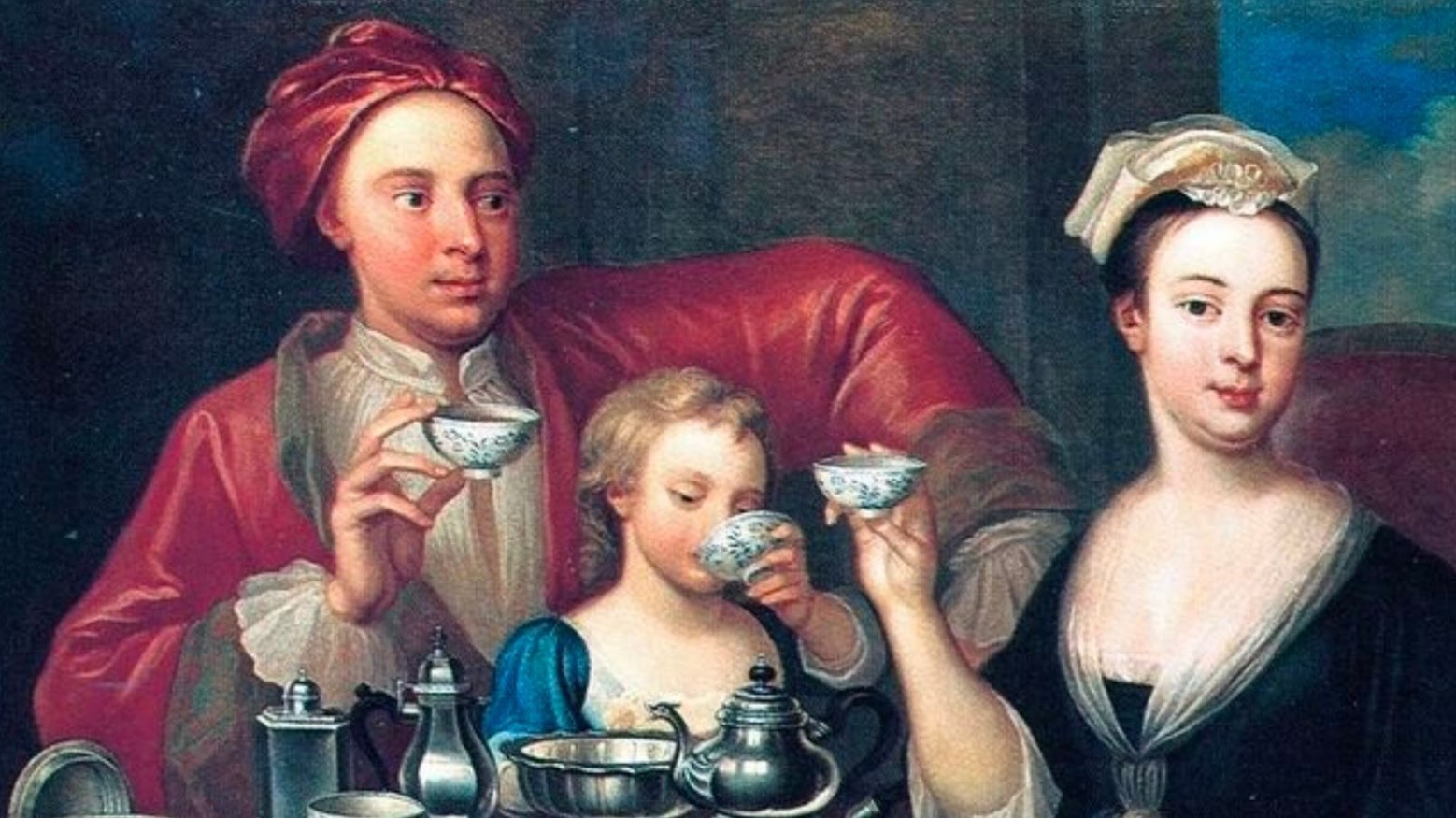
Antman’s focus and research will be used to further her work in developing nations. What many walked away with is the understanding that behavioral changes can powerfully impact health — possibly more so than direct intervention.
Had the habit of tea drinking been less prevalent, Britain and the surrounding areas might have seen a much higher death toll due to disease.
Other LIfesaving Interventions Matter, Too
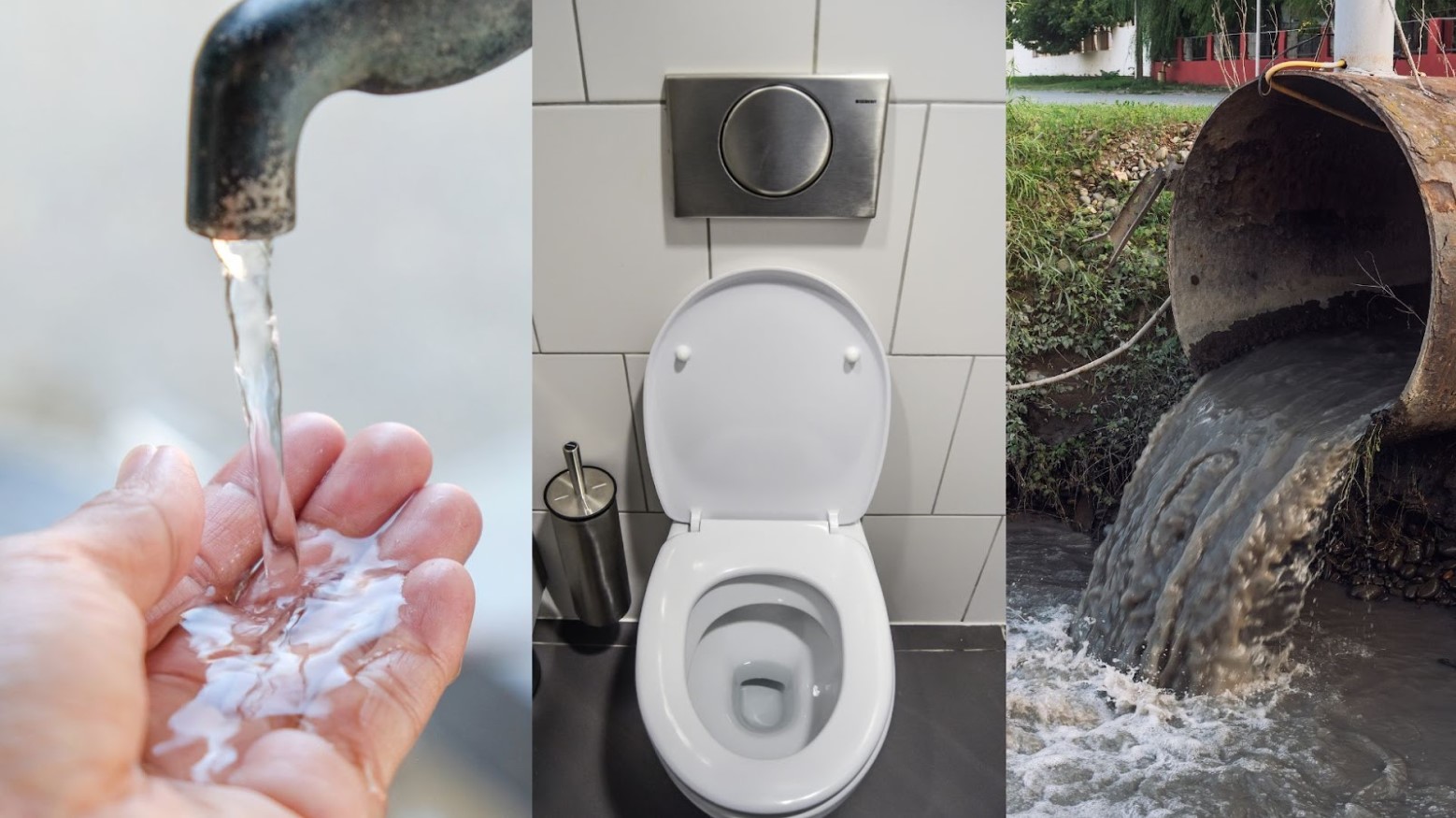
While tea was generally considered lifesaving at the time, other interventions that came after the Industrial Revolution could have played a part in extending one’s lifespan.
Purification systems, sewage systems, and public toileting installments, for example, were powerful advancements made to keep infections at bay.








































